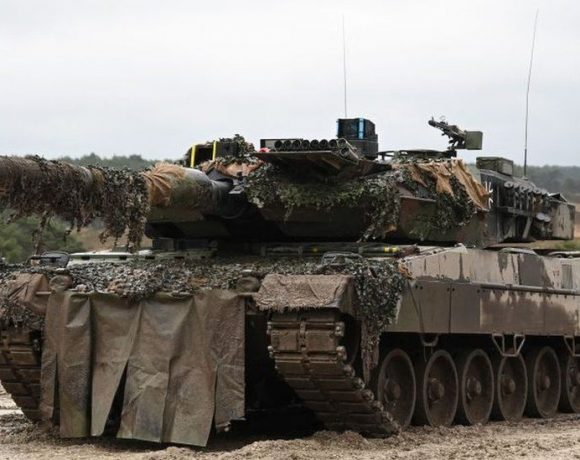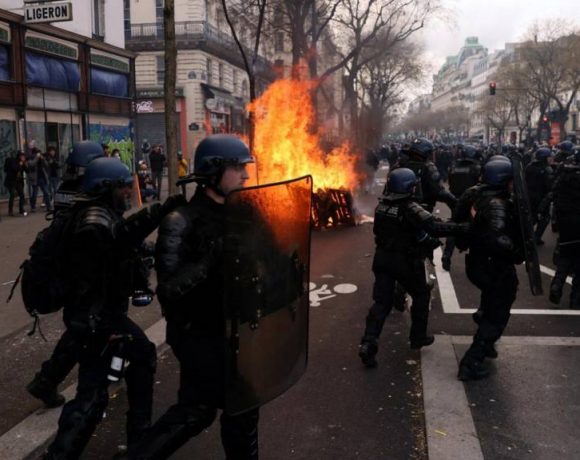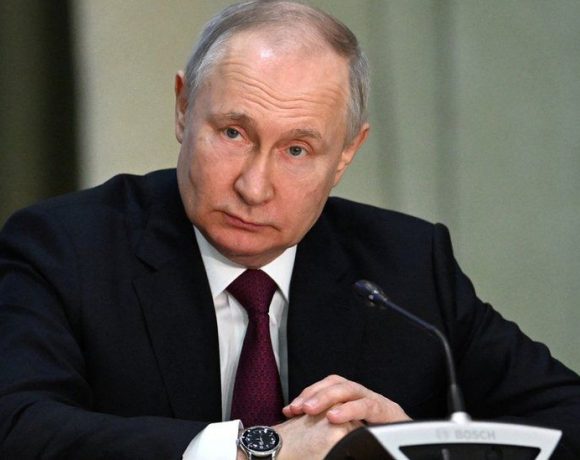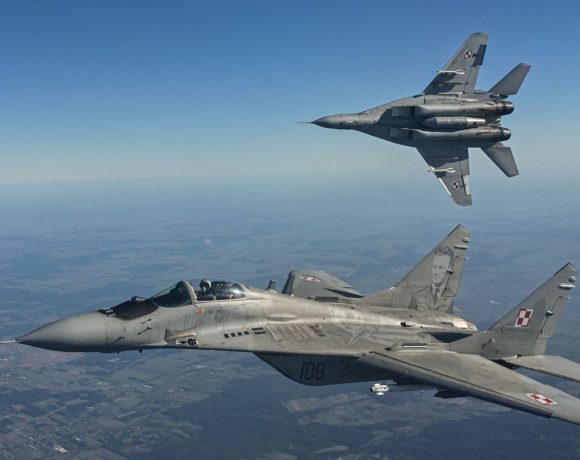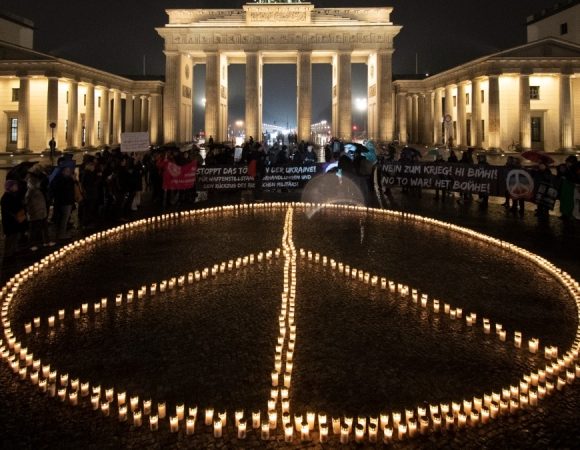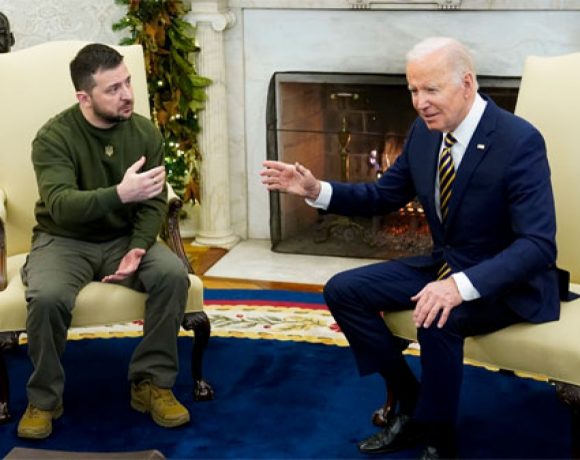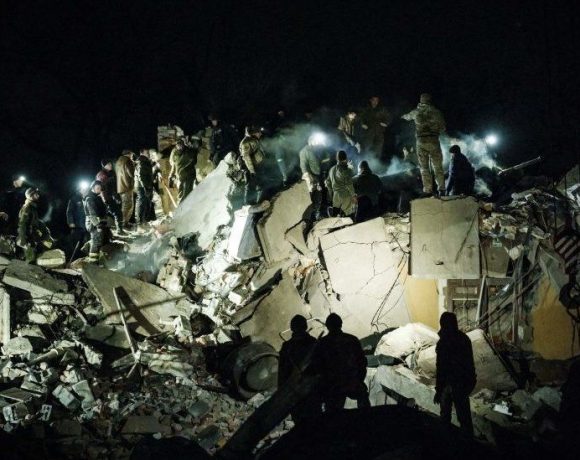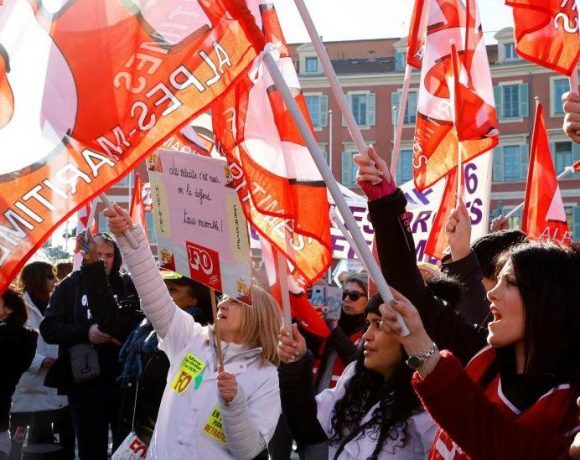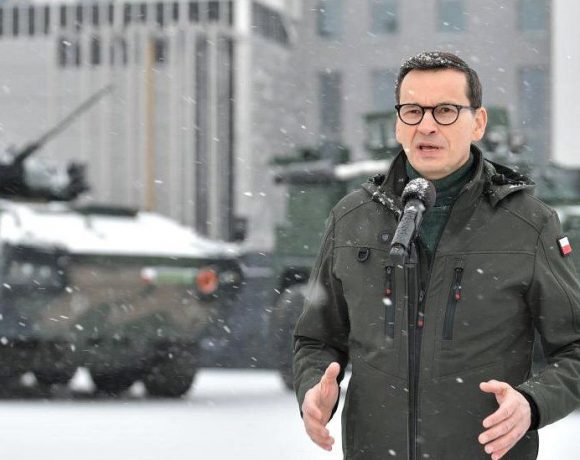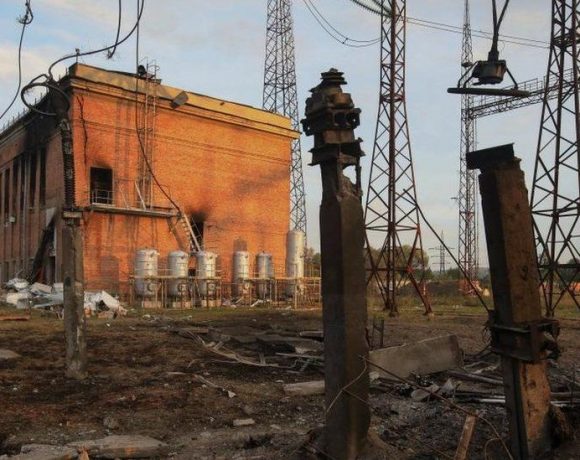
After being repeatedly attacked by Russia for months, Ukraine is now able to export electricity for the first time in six months. Last October, Russia started its protracted and planned assault on Ukraine’s energy infrastructure.
Power outages and planned blackouts resulted, putting villages and cities in the dark during the winter. Ukraine will be able to sell its excess electricity once more after being ordered to halt exports.
Although domestic clients are still given precedence, energy minister Herman Halushchenko issued an executive order authorising the shipments. Since almost two months, the system has been producing surplus capacity, according to him, and Ukrainians are not subject to any limits.
“The most difficult winter has passed,” Mr Halushchenko said on Friday.
“The next step is to start exporting electricity, which will allow us to attract additional financial resources for the necessary reconstruction of the destroyed and damaged energy infrastructure.”
He also praised the “titanic work” of engineers and international partners to restore the system.
Last month, residents across Ukraine that power supplies were becoming more reliable.
“The city has transformed,” said Inna Shtanko, a young mother in Dnipro. “Finally, street lights are back, and it’s no longer scary to walk the city streets.”
Ukrenergo, the company in charge of running the nation’s energy grid, has cautioned that Ukraine cannot rely on Russian attacks ceasing. On Saturday, Ukrenergo reported that Russia has so far throughout the war launched more than 1,200 missiles and drones at its energy installations.
The attack, according to the business, was the biggest attempt to bring down the electricity infrastructure of a European nation. During winter, with power outages and frigid temperatures, some residents were forced to use “resilience centres” in cities around Ukraine to stay warm. Power, heat, and essential supplies like food and medications were all delivered by the hubs.
Every one of Ukraine’s thermal and hydroelectric power plants has been damaged since Russia began targeting energy infrastructure.
Kyiv has also lost control of Europe’s biggest nuclear power plant at Zaporizhzhia, which is in Russian hands.
In June 2022, Ukraine had said it was hoping to bring in €1.5bn (£1.33bn) from electricity exports to the EU – its main export market for energy since the war began – by the end of the year.
Picture Courtesy: Google/images are subject to copyright

